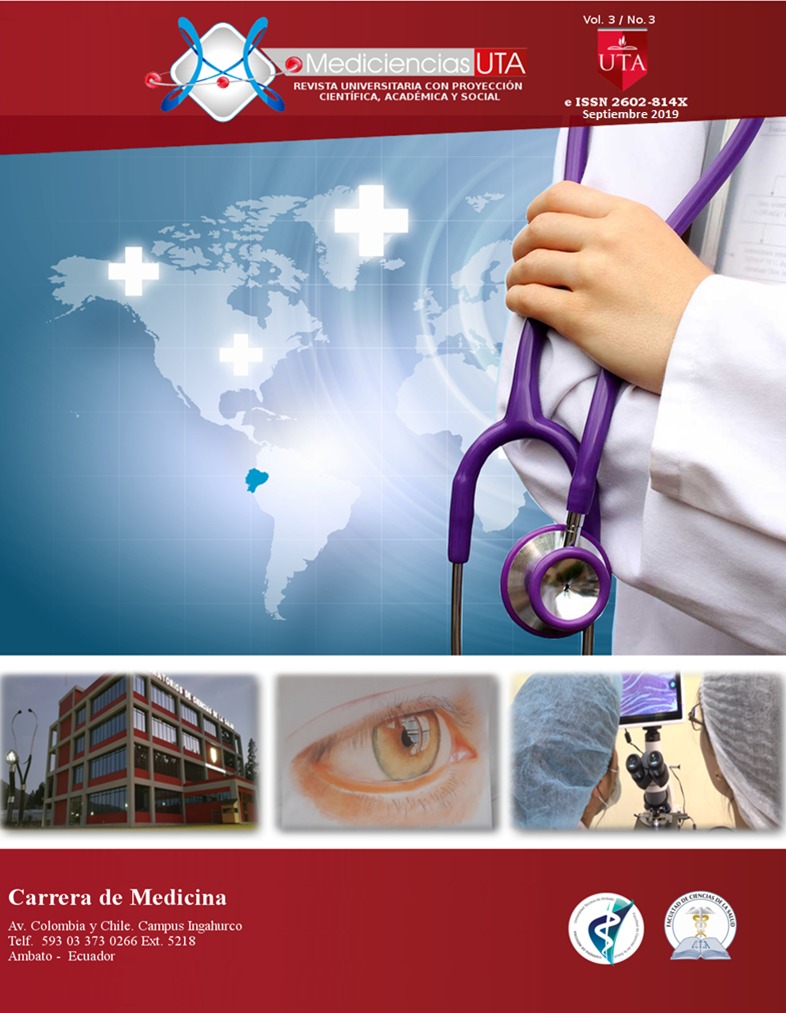Initial clinical management and parental implications of Trisomy 18
Main Article Content
Abstract
Introduction: Trisomy 18 (Edwards Syndrome), characterized by the presence of an additional chromosome in par 18, is a relatively common syndrome that affects approximately 1 in 6,000 live births, is three times more common in women than men, is an entity pathological with a bad vital prognosis.
Objective: Describe a clinical case of Trisomy 18 with an unfavorable evolution despite timely initial clinical management as a result of detected heart defects.
Material and methods: Retrospective descriptive study, clinical case presentation.
Results: The clinical evolution of a newborn with phenotypic features of trisomy 18 confirmed by chromosomal study is described. Being a chromosomal pathology with multiple associated malformations it is important to know it and keep it in mind in the differential diagnosis, its timely detection allowed us to provide adequate initial clinical management, the same that was insufficient for the associated heart disease that produceda fatal outcome. Information to parents with truthfulness and simplicity improved their parental attitude to the girl's pathology.
Conclusion: Detecting severe birth defects in a newborn transforms the joy of birth into a situation of anguish and sadness for both parents and medical staff. In the presence of serious birth defects associated, oncestabilized the patient should be taken to seek its transfer to a level of attention of greater complexity. Dialogue, informing and providing moral support to parents is the first therapeutic act of great ethical significance that will often be decisive inthe attitude of parents towards the child.



